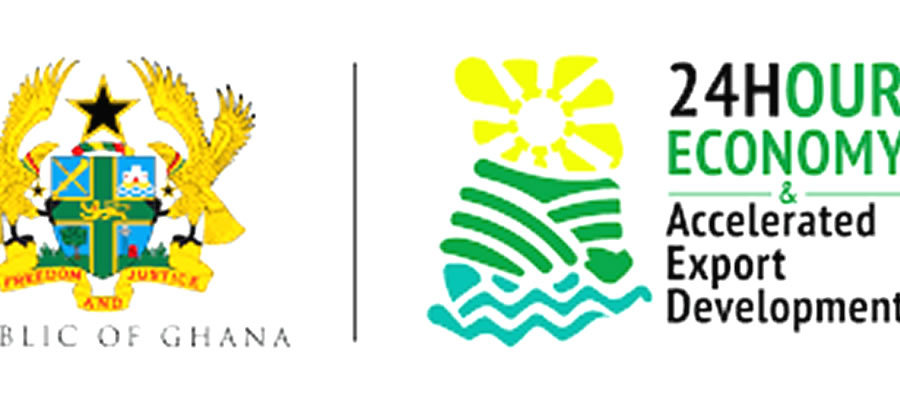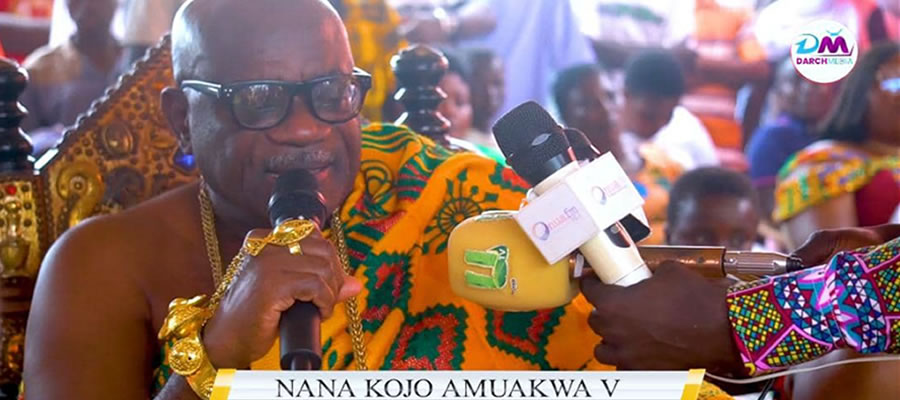

Social and Ethnic Structure of the District
The indigenous people of the District are the ’Agonas’. Over the years, they have co-existed with other prominent minority migrants such as Gomoas, Ewes, Effutus, Ashantis, Fantis, Kwahus, Atakpames, Kontokolis and several ethnic groupings of Northern Ghana origin. The table below gives details of the composition of the various ethnic groups within the district.
Here, migrants outnumber the indigenes by a ratio of 1: 0.8 (source: 2010-2013MTDP). Kwahus and Gomoas dominate in cocoa farming activities. Despites the high number of different ethnic groups, the District has a strong social integration from the diverse ethnic groups. The groups intermarry and participate in shared cropping arrangements under the existing land tenure systems, especially the ’Abunu’ and ’Abusa’ which are commonly practiced. This has promoted solid social bonds and economic ties between migrant tenants and their indigenous landlords. It also makes it easier for tenants to acquire land for farming.
Festivals and Funerals
Festivals are important in the social life of the people in Agona East District. The "Akwambo" festival is the most important traditional festival instituted for the spiritual reunion of the people. It is celebrated every year between August and October. As a social festivity, it is also an occasion where communities plan their developmental activities including strategies for mobilizing funds for project implementation.
It is hoped that when this festival is well packaged, it can make a significant socio economic impact in the district’s development; it will serve as a potential tourist destination points.Funeral rites that provide solemn occasions for sober reflection have also become occasions that bring people together. It is one single most important event that brings the youth home to mourn with their people. It also enables the youth visit their old parents. Business in mourning cloth is quit brisk, particularly, Swedru.
Marriage and Inheritance
The people of Agona practice the matrilinea inheritance system. Female and children in the extended family under this system are considered important for the survival of the family as a unit. Inheritance is therefore passed on from brothers to their sisters’ children (nephews and nieces). Females’ share of labour and contributions to the family income from agriculture is quite substantial.
Polygamy is a common social characteristic in the District, particularly in less urban and farming communities. Some of the reasons for polygamy mentioned include:
The wide disparity of the male-female ratio reaching as high as 1:3 in some localities
Inadequate opportunities for women compelling them to seek early marriage as teenagers
The tendency of some men to use female labour on their farms.
Religion
The inhabitants of Agona East District are highly religious. The dominant religion is Christianity. Other religions such as Islam and Traditional worship also exist in the minority. Religious groups found in the district co-exist peacefully. The larger Christian population in all Urban, Town and Area Councils makes the church a possible forum for information dissemination on community/group mobilization for development in the district.
All other religious groups observe the taboos in the district. These taboos, which are considered to have socio-economic and spiritual importance, include regulation of farming days, land use, water resources use and control and adhesion to some social norms. There are non-farming taboo days in every Urban.
Tourism Sector
The significant role that Tourism plays in both the national and the district economic development cannot be overemphasized. In the district economy, a fully developed tourist destination has the potential to:
Open up the district especially in the communities where the sites are located.Increase revenue generation to the assembly for further development. Provide employment avenue to absorb the teeming unemployed youth. To provide leisure and recreational relief to the people. Agona East District can boast itself of a number of tourism potentials ranging from cultural, natural and man-made sources.
Culturally, the annual Akwambo festivals and "Adaee;" occasions which are celebrated in different parts of the district are a sight worthy to watch. The neatly and attractive traditional dress put on by the paramount chiefs and sub-chiefs including directional chiefs provides a spectacular scenes for one appreciate the beauty of Ghanaian cultures.
.
Ancient caves, nine (9) tributaries of Mankrong River, Virgin Forest Reserve, Strange Trees and Rocks and many others are some of the sources of natural tourism potentials.The wood carving, Akpeteshie distillery industries, palm oil extraction and the hotels are some of the man-made areas worth visiting.
The Obotomfo Virgin Forest Reserve
It designated globally as a significant Bio-diversity area Because of its geographical position in the world.The forest was reserved in 1930. It Belongs to Agona Kwanyako Tufohene Royal Stool. It ties approximately 5..370.N and longitude C3V W. ) The total perimeter b 5.41 kms and it has total land area of square kms. It is called Obotomfo (the Rock Blacksmith) Because it is Believed that the forest contained a spirit who manufactured farming tools fox framers in the area. Its taboo DAY is Friday. The nearest village is Akuoko. In the forest axe rocks of various shapes and dimensions. Some axe shaped tike anvils. In it are an ancient cave and the wonderful tree that refuses to be felled. It is to be seen only to be believed.
Date Created : 11/13/2017 5:24:59 AM












 facebook
facebook
 X
X
 Youtube
Youtube
 instagram
instagram
 +233 593 831 280
+233 593 831 280 0800 430 430
0800 430 430 GPS: GE-231-4383
GPS: GE-231-4383 info@ghanadistricts.com
info@ghanadistricts.com Box GP1044, Accra, Ghana
Box GP1044, Accra, Ghana